TTC Video The Theory of Evolution
5.80 GB
VIDEOS + AUDIOBOOK + PDF GUIDEBOOK
Charles Darwin’s theory of organic evolution—the idea that life on earth is the product of purely natural causes, not the hand of God—set off shock waves that continue to reverberate through Western society, and especially the United States. What makes evolution such a profoundly provocative concept, so convincing to most scientists, yet so socially and politically divisive? The Theory of Evolution: A History of Controversy is an examination of the varied elements that so often make this science the object of strong sentiments and heated debate.
Professor Edward J. Larson leads you through the “evolution” of evolution, with an eye toward enhancing your understanding of the development of the theory itself and the roots of the controversies that surround it. In these lectures you will:
- Explore pre-Darwinian theories of the origins of life, from Genesis and the ancient Greeks to such 18th- and 19th-century scientists as Georges Cuvier and Chevalier de Lamarck
- Follow the life and work of Charles Darwin, and the impact of his 1859 masterpiece, On the Origin of Species. Darwin’s theory of evolution by natural selection was immediately recognized as a threat to traditional religion, but was quickly accepted (the first printing of Origin of Species sold out on the first day)
- Examine the history of evolutionary science after Darwin—a fascinating story that includes the “rediscovery,” after 35 years, of Gregor Mendel’s work on genetic variation; the unearthing of prehominid, or early human, fossils by Raymond Dart in 1925 and the Leakey family in the 1950s; and the confusion created by the sensational, but later discredited, discovery of Piltdown Man—a fake evolutionary “missing link”—in 1912
- Trace the history of religious objections to evolution, from those of Darwin’s own time to contemporary efforts to teach creation science in American schools. This includes a detailed discussion of the famous Scopes “monkey trial,” which in fact was a staged media event, designed to create publicity for the town of Dayton, Tennessee.
Are Our Genes more Important than We Are?
This course makes it clear that the history of controversy surrounding evolution is not limited to a dispute between science and religion. Even within the scientific community, the fine details of the theory of evolution have long been a matter of passionate dispute.
In fact, in the last third of the 19th century, the principal objections were scientific, not religious. Although the fossil record was a key piece of evidence for evolution, it had gaps that could be used to argue against the theory. And both proponents and critics wondered how altruistic human qualities such as love and generosity could possibly have evolved through the competitive, often harsh, processes that Darwin described.
From Professor Larson’s presentation, you will learn that new ideas in evolution science have often created new controversies. For example, is it truly possible, as some scientists now maintain, that humans exist merely to ensure the survival of their genes? Such research has created disagreement among scientists about the degree to which evolution drives human behavior, and has further alienated many segments of the public.
Evolution’s “Dark Side”: Social Darwinism
In these lectures, you will review perhaps the most sinister controversy associated with the theory of evolution: social Darwinism. From the beginning, the Darwinian theory of evolution has been linked to economic and political views. Thomas Malthus’s theories of population growth and competition for limited resources even inspired Darwin’s thinking on natural selection.
Unfortunately, later supporters of evolution carried this line of thinking too far. Beginning with Herbert Spencer, who coined the term “survival of the fittest,” Darwin’s ideas were used as evidence for a wide range of social beliefs, from laissez-faire capitalism to racism, colonialism, and, in perhaps the worst application, Nazism. In the United States, social Darwinism has served as a basis for the creation of IQ tests and for eugenics programs that resulted in the forced sterilization of thousands of mentally ill or retarded Americans.
Unsettling Implications: The Growing Gulf Between Science and Religion
During the late 19th century, largely through the efforts of scientists who sought to integrate evolutionary science with spiritual belief, evolution was widely accepted by the religious community in the United States. Today, this is hardly the case.
In his last four lectures, Professor Larson examines the trends that have, since 1920, widened the gulf between science and religion. These include an increase in fundamentalist Protestantism, the weakening of liberal Protestantism as a counteracting force, and the growing power of a firmly conservative South.
In the 1960s, federally funded neo-Darwinian textbooks provoked a conservative backlash. Beginning with the publication of Henry M. Morris’s The Genesis Flood, efforts to gain equal time for the teaching of creation science, based on biblical teachings, gathered strength. Rebuffed by the courts, creationism continues to thrive through the increasing numbers of private Christian schools and through home schooling.
The growing gulf between science and religion has unsettling implications for our society. Large segments of the American population reject the naturalism of current evolutionary thinking. Nine of 10 Americans believe in spiritual causes for life, with only 10 percent accepting the purely naturalistic explanations espoused by evolution. Strikingly, these statistics are almost exactly the opposite among the scientific community.
A Pulitzer Prize-Winning Teacher
As both a historian of science and a professor of law, Professor Edward J. Larson brings exceptional qualifications to this subject. His book, Summer for the Gods: The Scopes Trial and America’s Continuing Debate Over Science and Religion, won the 1998 Pulitzer Prize in History. His analysis provides an invaluable perspective on the volatile history of what is arguably the single most significant idea of modern times.
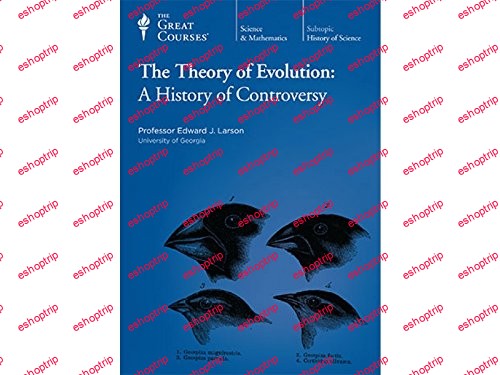
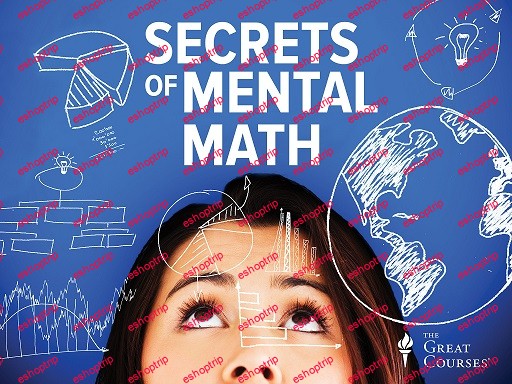
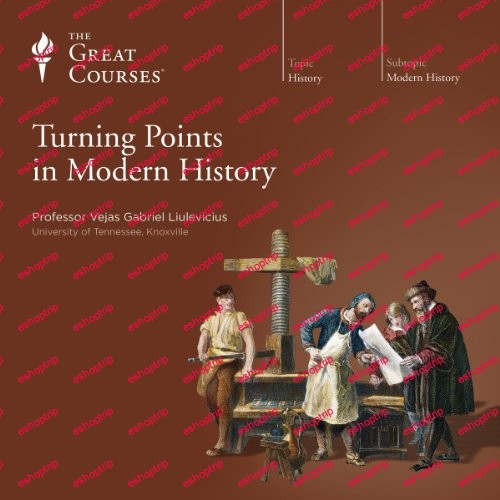
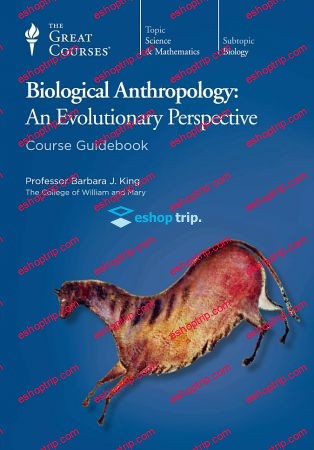
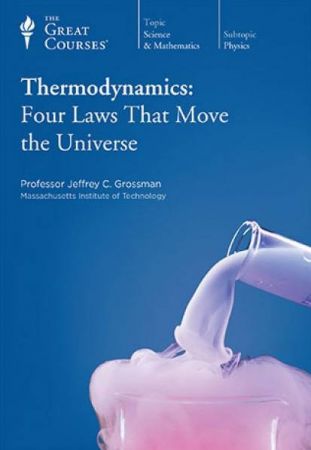
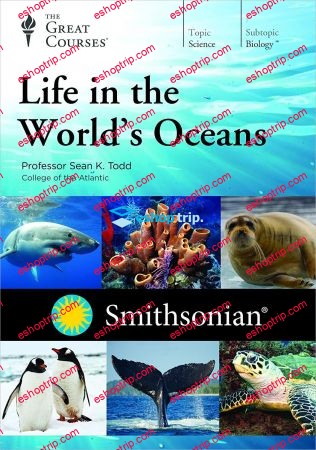


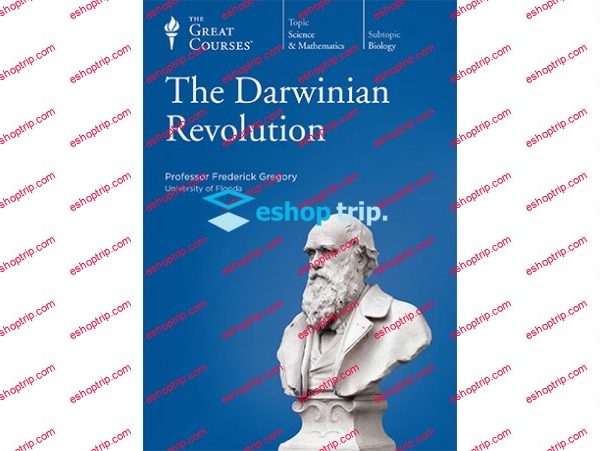


Reviews
There are no reviews yet.